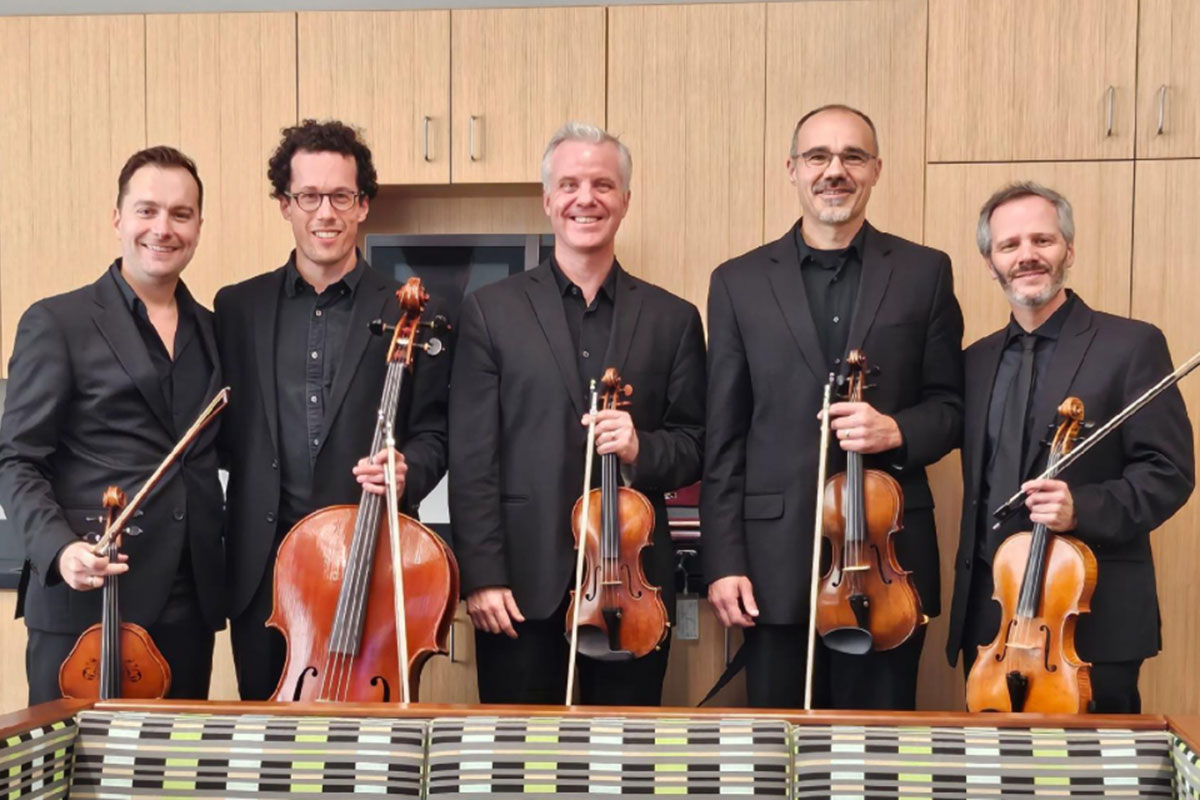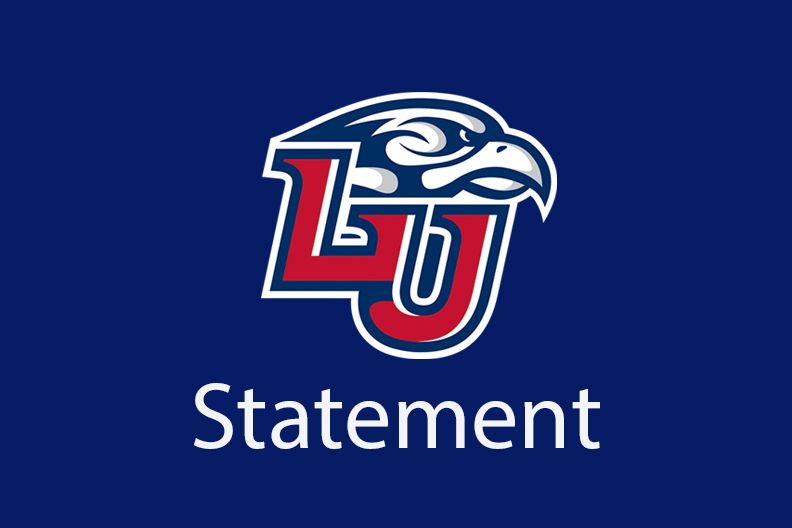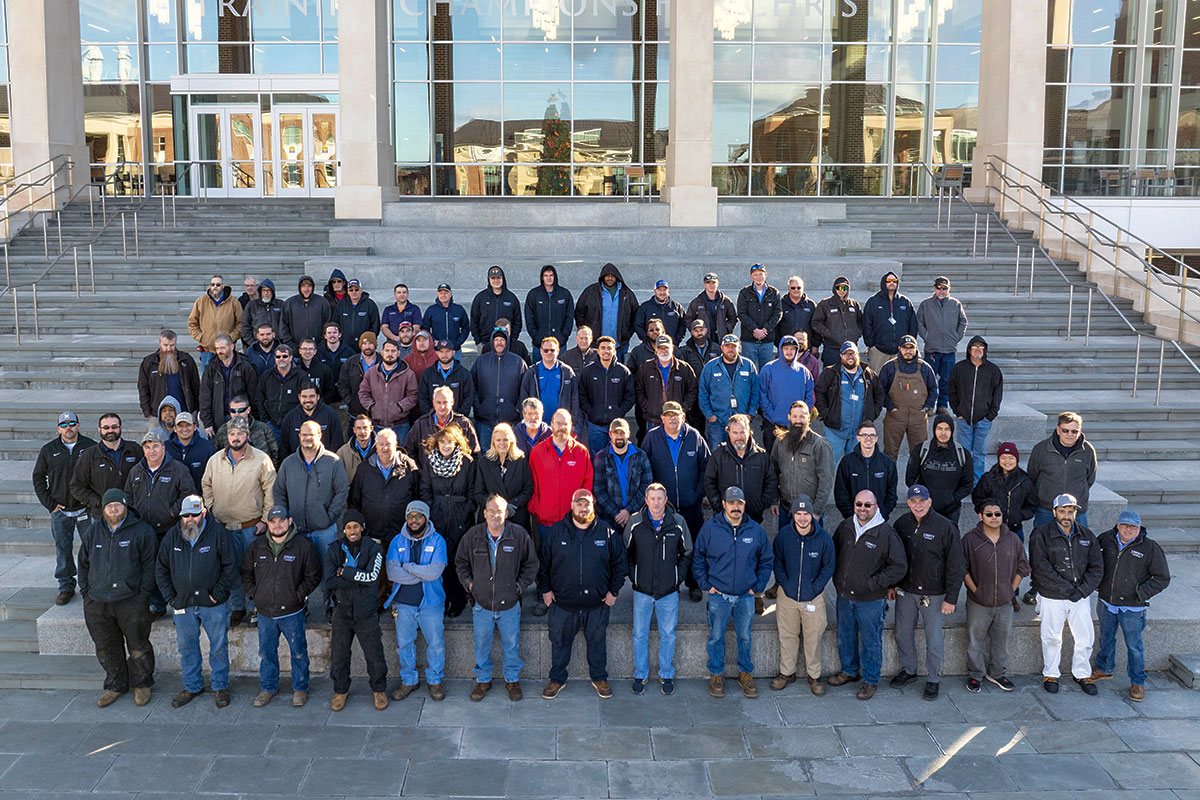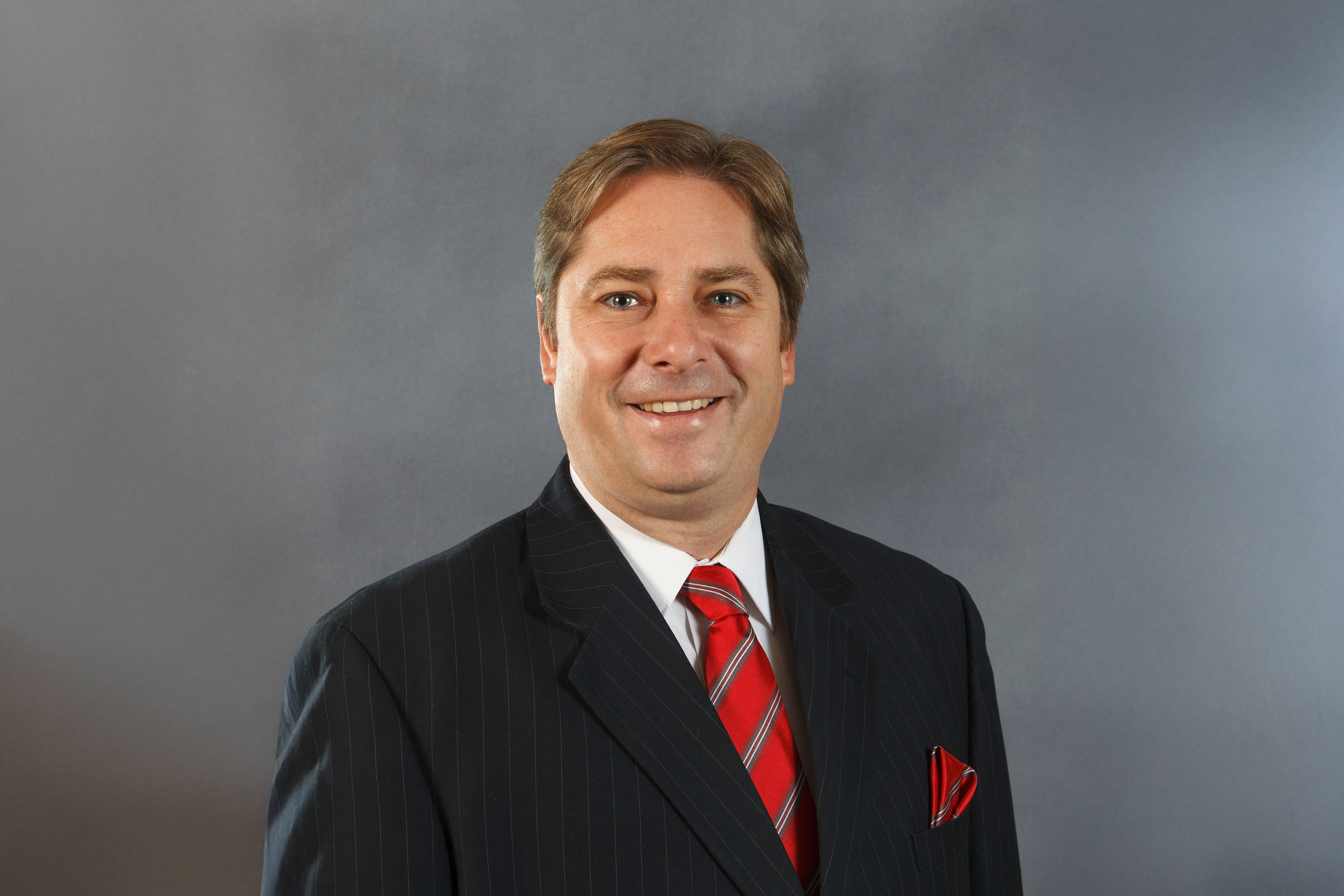Cello professor uses faith journey, success as a performing musician to impact students
July 31, 2025 : By Abigail Degnan - Office of Communications & Public Engagement
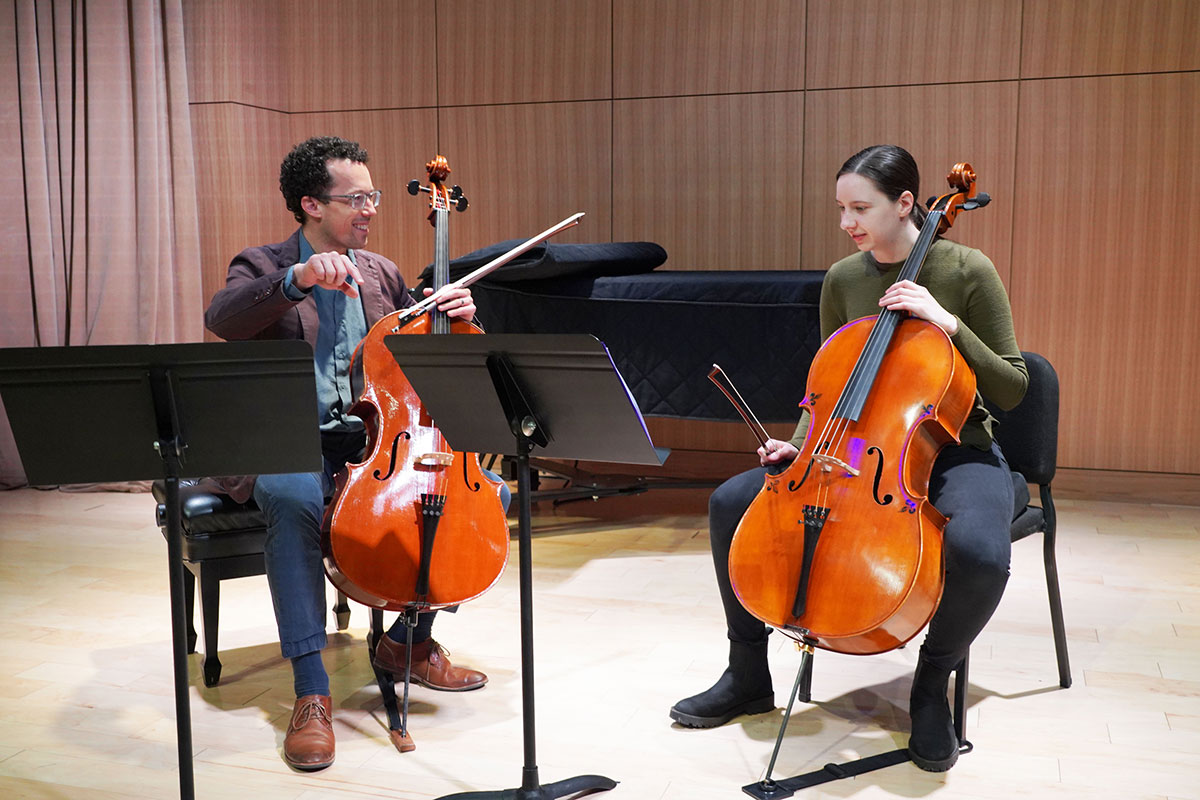
When Liberty University School of Music Associate Professor of Music, Cello, and Bass David Feldman started playing the cello at his church, he quickly realized how the instrument, typically only played in classical performances, can be used in leading worship. Unable to find many resources for cello worship music, Feldman decided to start his own YouTube channel, The Worship Cellist, to share his knowledge. His videos have garnered attention from cellists around the country and become a resource for other professors and teachers.
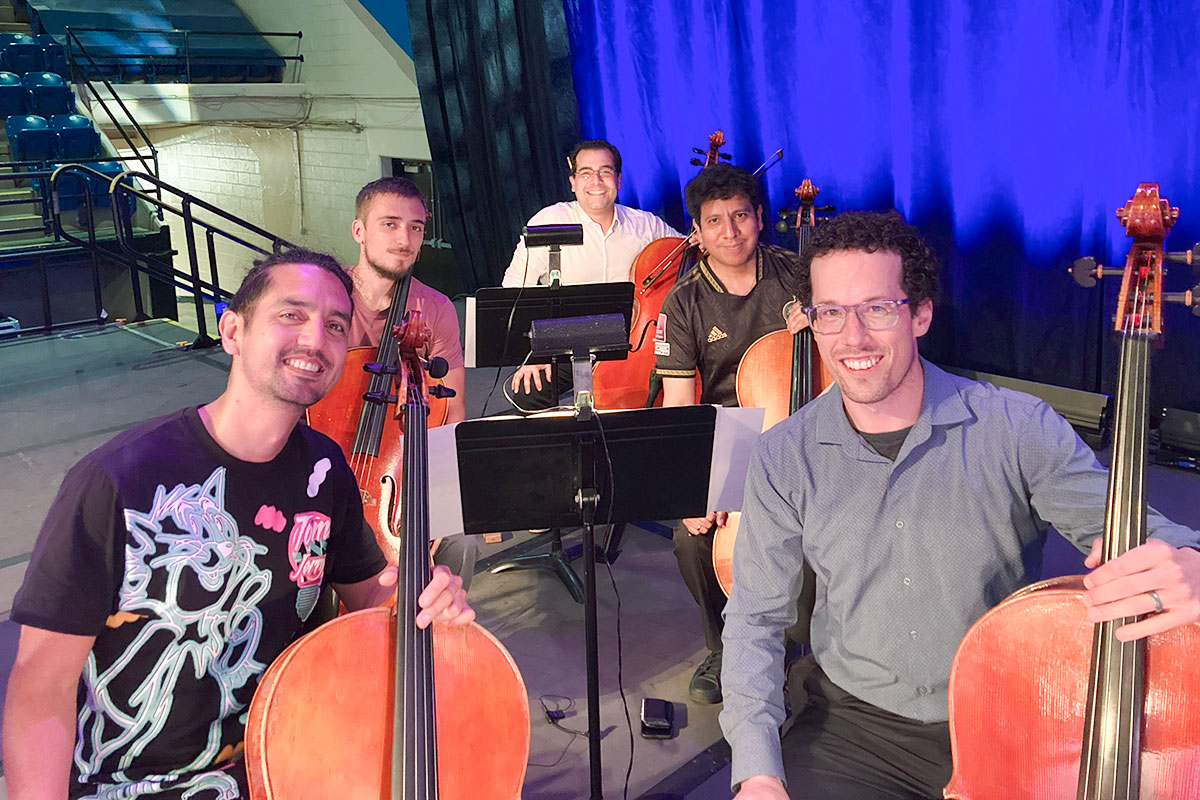
Feldman started at Liberty as adjunct faculty in 2013 before teaching full time in 2015. He is an active performing musician and has collaborated in chamber music performances with members of the Audubon, Avalon, and Pacifica Quartets and has been a member of the Roanoke Symphony Orchestra since 2008. He has performed as a concerto soloist with the Boise State University Orchestra, New River Valley Symphony, and Shenandoah Conservatory Orchestra. He has also gained success in commercial music, recording the solo cello lines on Shane & Shane’s 2023 live concert recording album, “Songs, Hymns, and Spiritual Songs,” which was recorded in Liberty’s Vines Center. He also has played in performance orchestras for Liza Minnelli, Art Garfunkel, Weird Al Yankovic, and the Trans-Siberian Orchestra, where he was a featured soloist in 2011. He studied under Alan Weinstein of the Kandinsky Trio at Roanoke College, and Brian Hodges at Boise State University, for whom he was a teaching assistant.
Feldman said coming to Liberty was an “unlikely” event that God orchestrated, because he grew up atheist and did not become a Christian until high school.
“I’ve always been kind of a skeptic, and I started being skeptical of my skepticism, and I started asking questions,” Feldman said, recalling how he met with local youth leaders seeking answers to a whole list of things he didn’t understand about the Bible.
As he researched and read resources from other people who left atheism, he eventually recognized the Gospel as truth and became a Christian.
Although he has taught at other colleges, Feldman said Liberty was his first professional experience where Christ was the foundation to the program.
“It was a little bit shocking, but also in some ways, it was freeing,” he said. “We can speak openly and speak freely about our faith and be encouraged and sharpened. That’s one of the things I really enjoy about being at Liberty.”
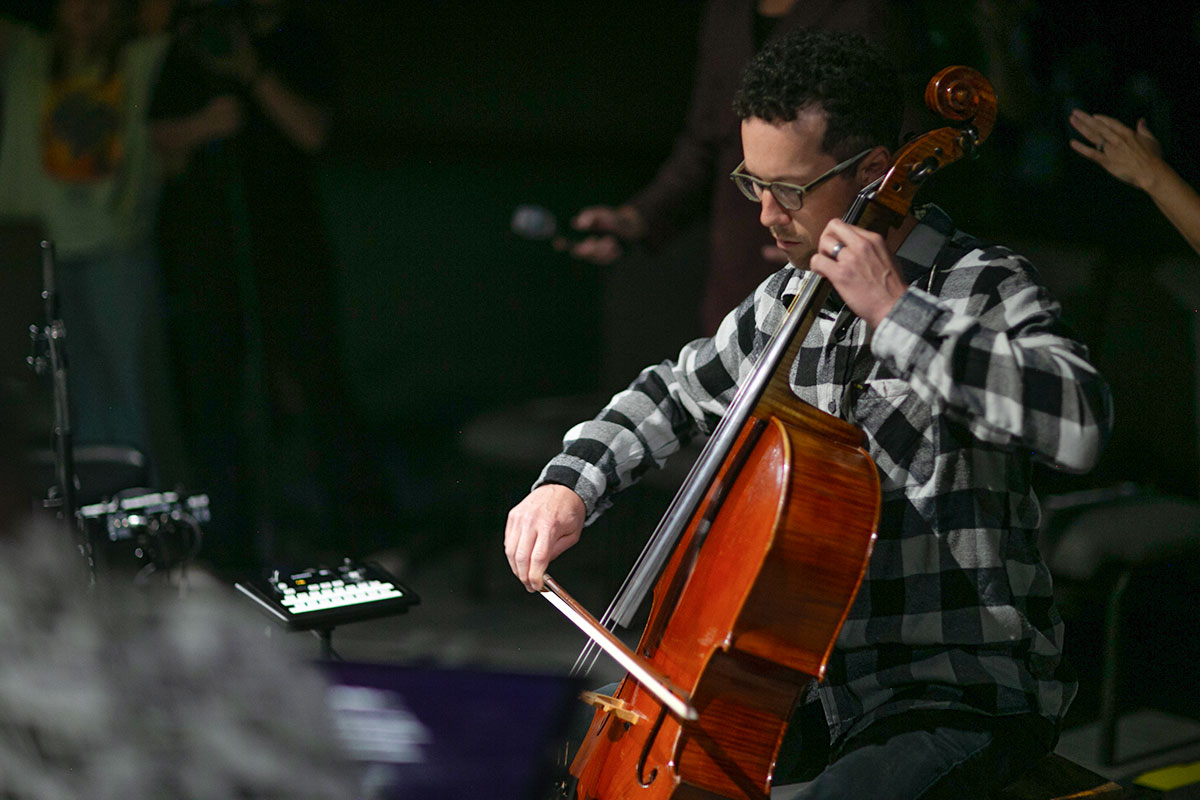
Feldman joined the worship band at his local church, Waymaker, in 2023, and he noticed that traditional cello training doesn’t prepare you to navigate the chord charts that are so widely used in today’s worship teams. Playing cello in worship requires not only a solid understanding of keys and chord theory but also strong improvisation skills — something he said is largely overlooked in contemporary string pedagogy. Feldman embarked on a self-taught journey to navigate these systems on the cello and develop resources to teach the skills to students.
“Compared to other styles, classical music is very sheet-music centric. It’s exact notation,” he said. “Worship music, especially playing a solo cello with a worship team, gives me much more leeway. When I arrived to rehearse for my first Sunday at Waymaker, the worship leader told me that he trusted me, and told me to do whatever I wanted. There were no predetermined parts, just the same simple chord chart every other member of the band had as well. So through that environment, I experimented, and I discovered a lot.”
Eventually, Feldman decided he wanted to publish his knowledge on YouTube and tested out some of the instruction with students, including a guitarist with the Liberty Worship Collective who wanted to learn how to incorporate his cello skills.
“Last semester, I did a pilot program with my students where I had them learn one or two worship tunes from a chord chart, just to test my new system out. Since then, a number of students continue to use what they learned — they were actually taking it onto their worship teams at home, which was incredibly rewarding as a of proof of concept.”
Feldman launched his YouTube channel a few months ago and has begun connecting with other successful cellists who want to integrate his teachings into their curriculum.
He said one of the things he loves most about teaching at Liberty is how the School of Music prioritizes a diverse range of music genres, ensuring the students are fully equipped for careers as musicians.
“Liberty embraces a wider variety and diversity of genres than most music schools,” Feldman said, noting that many schools of music prioritize teaching classical music, which is just 1% of the market share, whereas pop is 30%. “If you are a student and only honing your skills for 1% of the market, you’re just limiting yourself. Professional musicians need to be top-tier performers, but ones who can navigate multiple genres have a clear advantage nowadays. Liberty is being wise by saying, ‘Hey, if you’re going to be successful as a musician today, you need to embrace a much wider diversity of styles and skill sets.’”
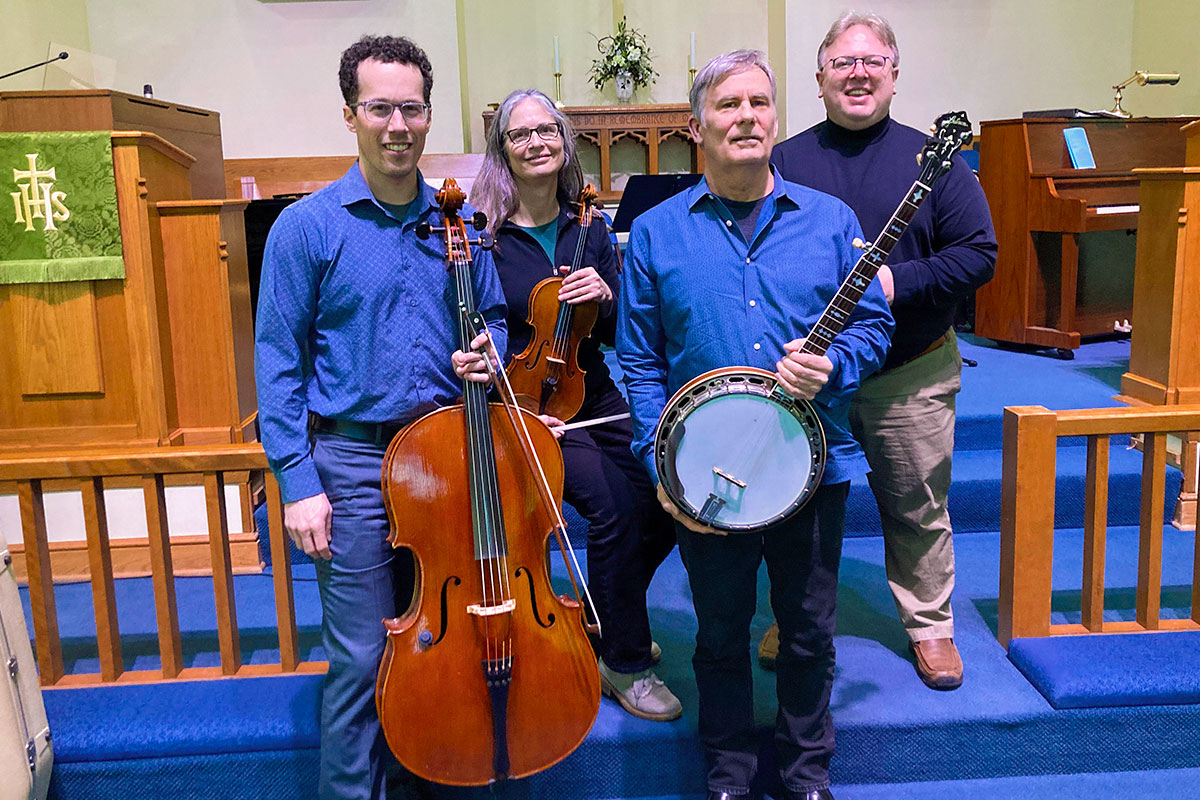
Experimenting with different forms of music is something Feldman is passionate about, and he collaborated with famous banjo player John Bullard in February. Bullard wanted to take the folk instrument of the banjo and introduce it into classical music, while Feldman wanted to take his classical instrument (cello) and introduce it into a folk style of music. Together, they performed a concert in Richlands, Va.
In addition to Bullard, Feldman has collaborated with a variety of top classical musicians, like cellist Julian Schwartz. He considers his performance opportunities an important part of growing as a professor.
“I know that when I walk away from those performances and collaborations, I play differently,” he said. “They sharpen your sense of musical phrase and sharpen your sense of tone. When my ear is sharpened, I can give students much more detailed and much more focused feedback in their lessons.”
Feldman’s faith journey also gives him the opportunity to minister to students.
“I feel like one of the reasons God has put me on campus is to have a special heart for kids who are struggling in their faith,” Feldman said. “A lot of times, at the beginning of (classes), I’ll share a bit of my story. I’ll say, ‘You know, I don’t really know who this is for, but I know people struggle with their faith.’ Sometimes in a Christian environment, it can be very difficult to talk openly if you’re struggling, and so I just put it out there.”
Feldman said he normally has at least one or two students every semester who come and talk with him about struggles or doubts they may be having, and he gives them space to share and prays with them. Even though musicians have the temptation to find worth, security, and identity in their work, he said he desires for every student to leave Liberty knowing their true identity in Christ.
“From a technical standpoint, giving students the background and the skills they need to be successful as musicians is important to me as a teacher. But what is equally important is that they also know that God ultimately gives the growth. Our growth as musicians, the opportunities we have, those things are not in our control; God gives us those things, and I hope students leave not finding so much of their identity in the outcomes of their work, but just continuing to be faithful, good stewards of the talent and resources God gives to them.”
